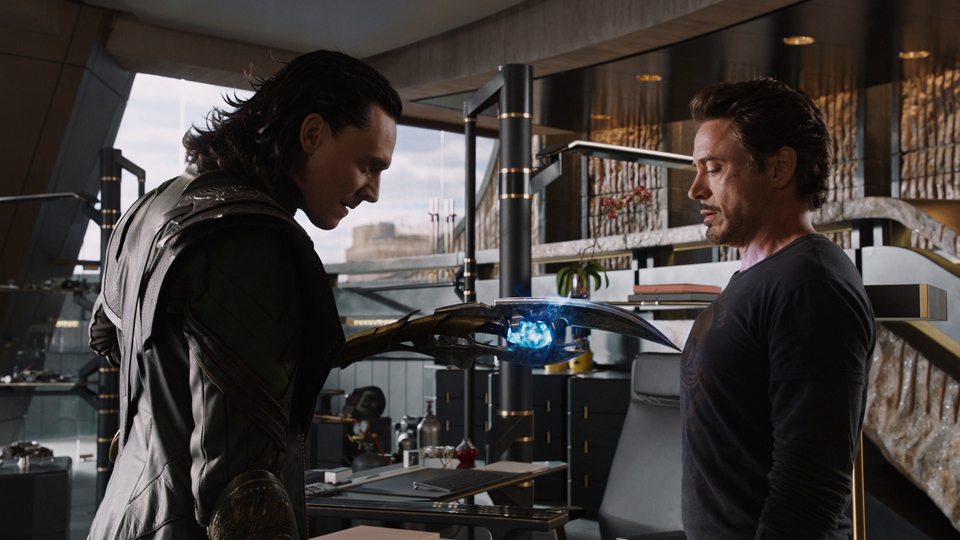The Iron Man problem with technology

I wrote in a recent post that “I’m not predicting impending doom by any means.” I think I wasn’t being entirely truthful. I’m more than a little concerned about the current state of over-specialization and deep reliance on technologies that we cannot build ourselves, and the risks that these may present in the event of a global crisis.
I’m reminded of a scene in the first Avengers movie, when Tony Stark needed to stall Loki with conversation until his Iron Man suit could arrive. Just as Tony needed his MK VII suit to reach superhuman capabilities, each of us in the present day are dependent on a host of technologies that would make us seem like gods to our ancestors from millennia ago.
However, unlike Tony Stark, a genius who can build advanced military weapons with spare parts in a cave, none of us can build all the technologies that we use on a daily basis. To give just one example, building something as ubiquitous as the iPhone requires capabilities that only certain companies in certain countries have. Outside of TSMC in Taiwan, there is literally no other entity in the world that can produce the chips that run the latest iPhone.
Specialization certainly has its rewards. There are people in this world who are brilliant mathematicians and make millions of dollars each year by pitting their trading algorithms against the broader financial markets. Numerous people have become international celebrities by being exceptionally athletic and talented at controlling a round ball. In return, they get large amounts of a fungible medium of exchange - money - that they can use to purchase and enjoy products and services from other people who specialized in other things.
New technology is what separates us from our ancestors who came before. Today, we can communicate with people from the other side of the world at nearly instantaneous speeds. We have essentially the sum of all human knowledge in the palm of our hands. With a few finger taps on a device, we can choose almost any product and pay for it, and it will arrive on our doorstep within two days (within hours in some cases).
However, take away our technology, and what are we? The irony is that we may be collectively building the equivalent of an Iron Man suit, but rather than being Tony Stark beneath the armor, we are mostly just lesser versions of people from centuries or even millennia ago. Unlike us, our ancestors could hunt, forage, build shelters, make fires, grow food, and even wield a weapon if needed.
As a sort of mental exercise, consider the following: if we took a random sample of people living in a major urban area and designated them as the initial survivors of an apocalypse, how long would they last in an environment without the help of external technology? Which of mankind’s technologies would survive in this group? I’m really not optimistic about the answer, when the typical urban citizen refuses to walk any distance over 1km and is panicked by the mere thought of a phone on low battery.
Extinction-level events are rare (happening on a scale of millions of years), but global crises are common (happening on a scale of decades). As Ray Dalio points out in The Changing World Order, prolonged periods of peace are the exception, not the norm. (America, the land of the free, has been at war for 222 out of its 239 years of existence, ostensibly to protect that freedom.) Less than a century after the last one, another major global conflict could easily grip the developed world. A natural disaster such as an EMP caused by a solar storm (similar to what happened in the Carrington Event of 1859) could cripple today’s electrical infrastructure.
I’m not saying that anything bad will happen. I’m just of the opinion that more of us should learn to be resourceful, so that we can at least respond well in the face of unprecedented crises, and perhaps even survive in the absence of technology that we increasingly take for granted.




